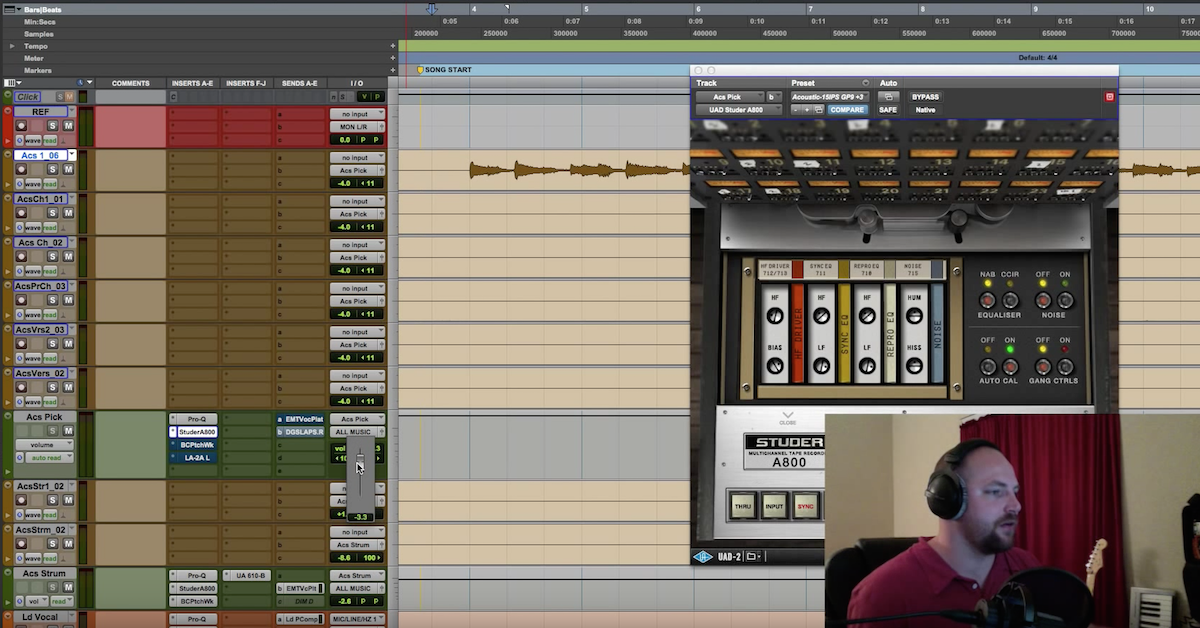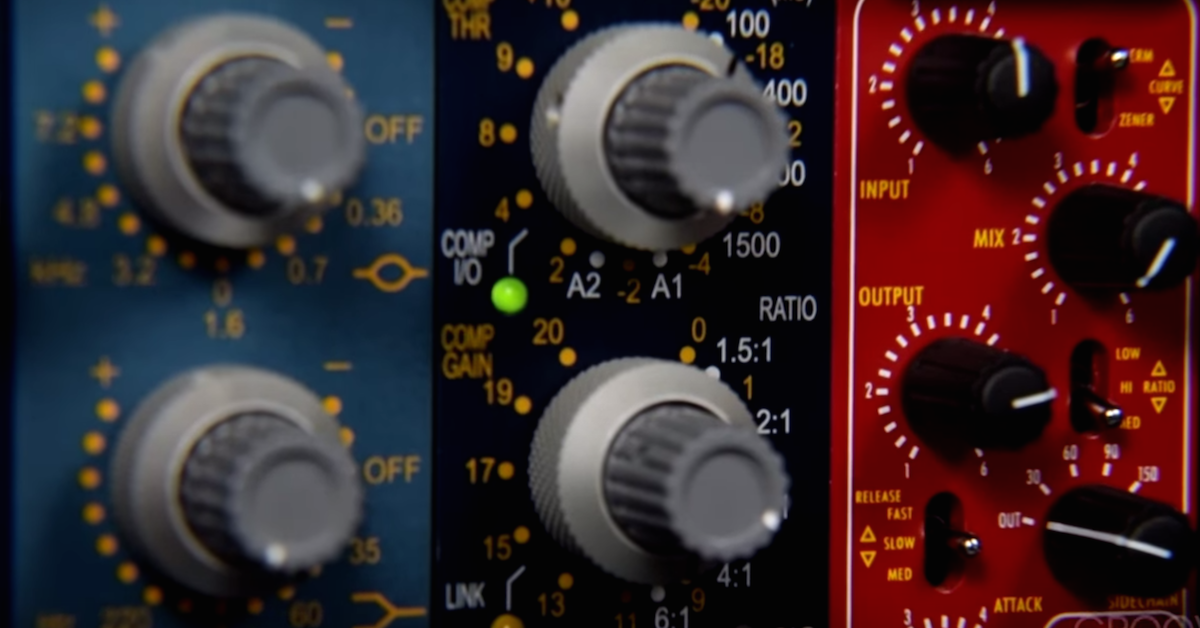Music Marketing: Independent Radio Promotion (Part 3)
Article Content
Previous articles in this series:
Music Marketing: Preparing Materials for a Publicity Campaign (Part 1)
Music Marketing: The Publicity Campaign (Part 2)
—
When releasing music independently, promoting your music on radio is an essential component to developing a comprehensive marketing campaign. Your goal is to leave no stone unturned when promoting your music. Therefore it is necessary to gain access to radio markets as a key component of your campaign. This article will identify different strategies for securing radio play for independent releases.
Why Terrestrial Radio?
Terrestrial radio is the official term for what most of us know as AM/FM broadcast radio. Even in the era of cloud-based digital streaming, terrestrial radio is still among the most widely consumed audio distribution formats. Terrestrial radio is highly regulated by the federal government. Radio plays are tracked with great accuracy by performance rights organizations and are a major driver of performance royalties. A hit single can generate tens of thousands of dollars in performance royalties from radio play in a short period of time. While it is unlikely to remain in heavy rotation on commercial radio with an independent release, there are possibilities for independent artists to gain traction in many sectors of broadcast radio.
Why You Should Print CDs
Radio stations rely more than any other music archive upon CDs and will be more likely to broadcast your music if you submit a professionally packaged CD. This can be some of the most effectively-deployed money you can spend on your release, as CD duplication plants can print in low runs for a minuscule cost ($1.50-$3 per disc). A top reason that radio stations pay more attention to professionally printed CDs is that CDs can be shelved and cataloged with a readable spine. CDRs, streaming links and MP3s can’t be inventoried this way and are regularly discarded by radio stations.
A Digipak case is a cardboard case with artwork printed directly onto the jacket. A Digipak has a softer feel than a plastic jewel case and can be designed easily with 4 rectangular JPEG images. They’re slightly more expensive than jewel cases, but the expense is often worth the pleasant feel of the packaging. A single play on a major radio station may cover the extra cost of packaging.
Remember that no matter what style of music you produce, your audience will pay attention to the artwork before deciding whether to listen to your music. Be bold, unique and interesting. Tell a story with your aesthetic choices. That will make a bigger difference in penetrating the radio market than most of your music production choices.
Commercial FM Radio
Commercial FM radio is the most profitable, most visible, and unfortunately the least accessible radio market for independent artists. Payola, a system of transactions to boost radio play for copyright holders who are willing to pay, is an open secret in the radio industry with a history that goes back many decades. Bribing a radio station to play songs is illegal, but loopholes exist that have created a path for legal, indirect transactions that contribute to a climate of shorter playlists, repetitive programming, and exclusion of independent voices.
Nevertheless, there are ways to approach commercial stations, especially if you are located in a major city. Media centers such as New York, Los Angeles and the Bay Area have programming by local radio hosts who retain the independence and the clout to program music by local artists. Seek out these programmers and seek to build a professional relationship with them.
There are effective ways to win favor with your influencers, including local radio programmers: follow them on social media, interact with their posts by commenting and reposting, and reach out consistently without soliciting them for favors. Send a subliminal message that you support their endeavors and that you’re an active figure in the music community. Once you’ve established a relationship, keep them up to date on developments with your own music. As with all other music marketing techniques, you must hit as many potential contacts as you can. If a prominent blog is willing to debut your material, a local radio programmer might be more inclined to feature you. Likewise, a single play on a local radio show could help make connections with booking agents, labels and managers that might not have been previously available.
College Radio
College radio is an excellent resource for reaching local radio markets. College radio programmers are students and university employees who are accustomed to seeking out music that satisfies our strange and unruly impulses. Experimental music, noise rock and avant-garde electronic music all find their place on college radio, where underground cachet carries more weight than mass marketability. College radio programmers are more responsive to unsolicited e-mails from bands and can be receptive to on-air interviews or performances. With long slots, sometimes in the middle of the night, you may find a programmer looking to fill time that might be enthusiastic to have a local artist perform on their show. Reach out to these programmers, join their conversations online, and over time you should be able to find a show that will host you or play your recordings.
Unlike commercial FM radio, college radio does not generate performance royalties for music broadcasted from their transmitters. Ironically, this leaves a more open market for independent musicians, as major record labels often do not see college radio stations as a worthwhile investment of resources.
Radio Promoters
A radio promoter is an organization that sends CDs out to radio stations. Working with a radio promoter (a simple online search will reveal a few of the top companies) can be a highly effective method to increase your chances of radio play.
A radio promoter works like this: they charge the client (the artist) a fee and send their CDs to a number of radio stations in their database. The client can choose to send CDs to 100, 200, 500, or more stations. As the client, you have to pay for each CD submitted. But because a radio promoter saves on shipping by sending out multiple CDs in each package, the fee charged to the client per shipment is comparable to the price of shipping the CDs independently. With a radio promoter, you don’t have to worry about writing down addresses, making trips to the post office, or preparing hundreds of packages in your living room. You just hand the CDs off to the promoter, pay the fee and they take care of the rest.
Radio promoters may also provide digital distribution services, where they automatically upload your music to every station in their database for a flat fee (usually around $100). While these stations will be more likely to play your music by receiving a CD, digital distribution is an effective way of increasing your chances of radio play without spending thousands of extra dollars on CD shipments.
Conclusion
Radio promotion is an essential component of a music marketing campaign. A comprehensive release campaign, with a multi-pronged approach to radio and publicity, can create a positive feedback loop in which your previously unknown album becomes a sought-after commodity.
But remember: amid all these opportunities are many thousands of other artists, most of them producing unremarkable work, trying to break through. The average radio DJ does not have high expectations when clicking on your website. So ask yourself: what kind of story does my music tell? How do my aesthetic choices package that story? Am I presenting a unique, compelling story? Ultimately, the ability to communicate who you are through your music and your artwork will make the greatest difference in developing a successful campaign.





